How to Buy a Foreclosed Home: The Ultimate Step-by-Step Guide
Redfin
MARCH 4, 2025
Key takeaways A foreclosed home means the buyer can no longer make payments and the bank has taken the house. There are several types of foreclosure sales – auctions, bank-owned properties, government-owned properties, preforeclosures, and short sales. What is foreclosure?


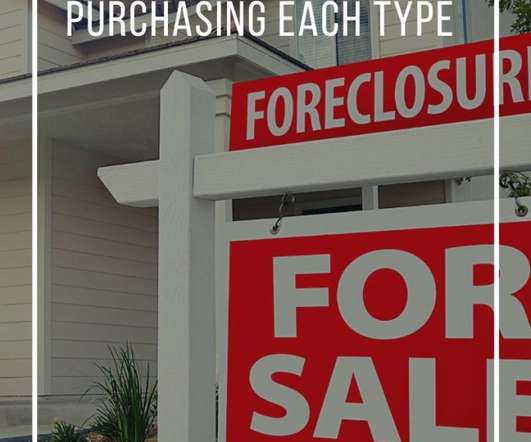

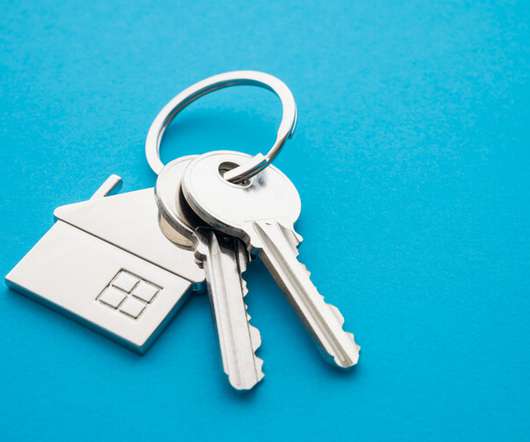





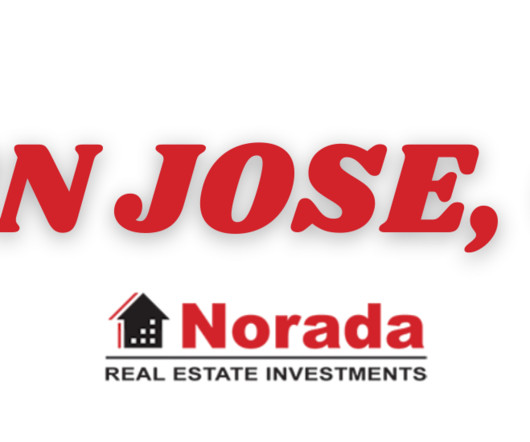
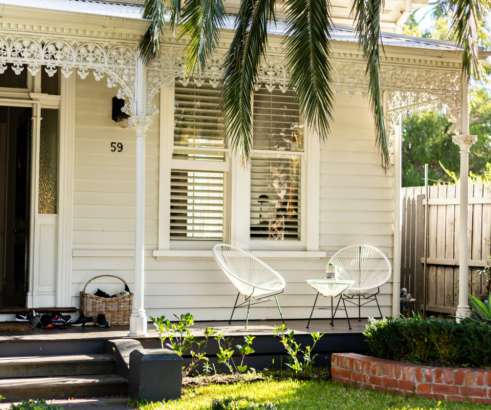

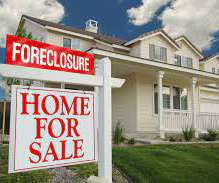










Let's personalize your content